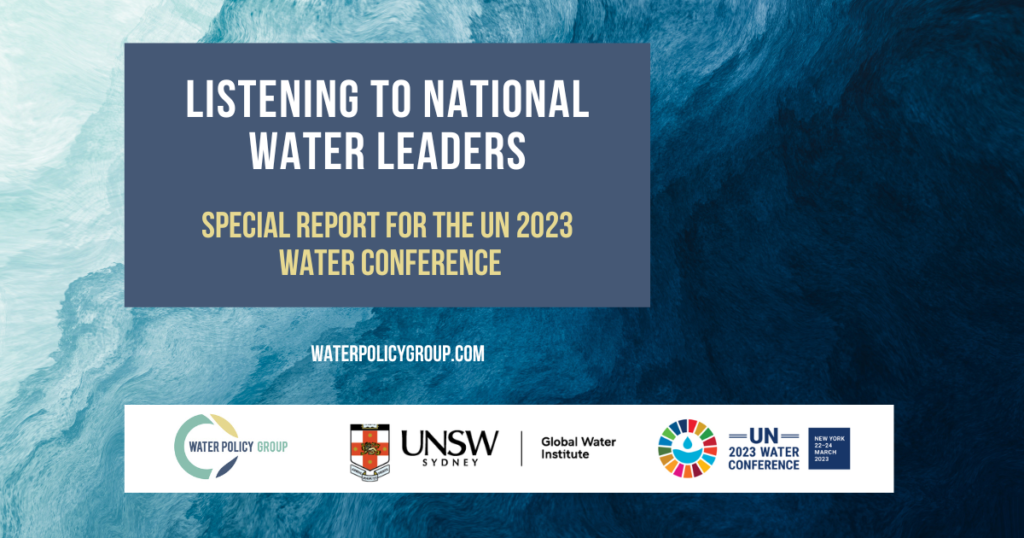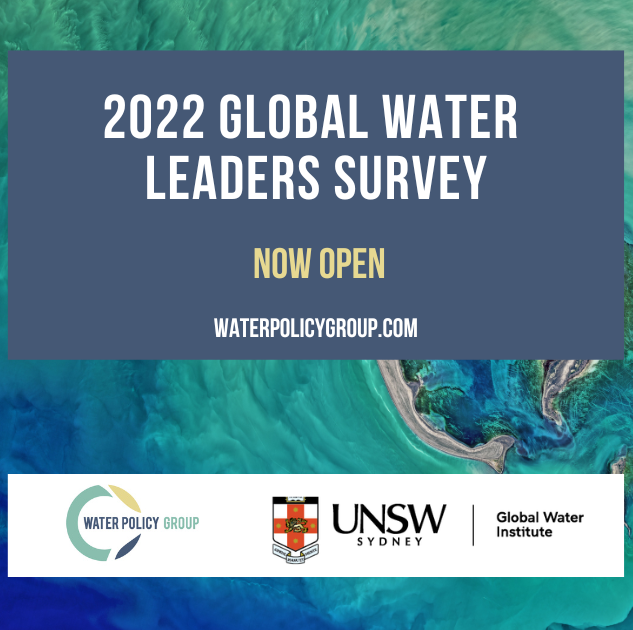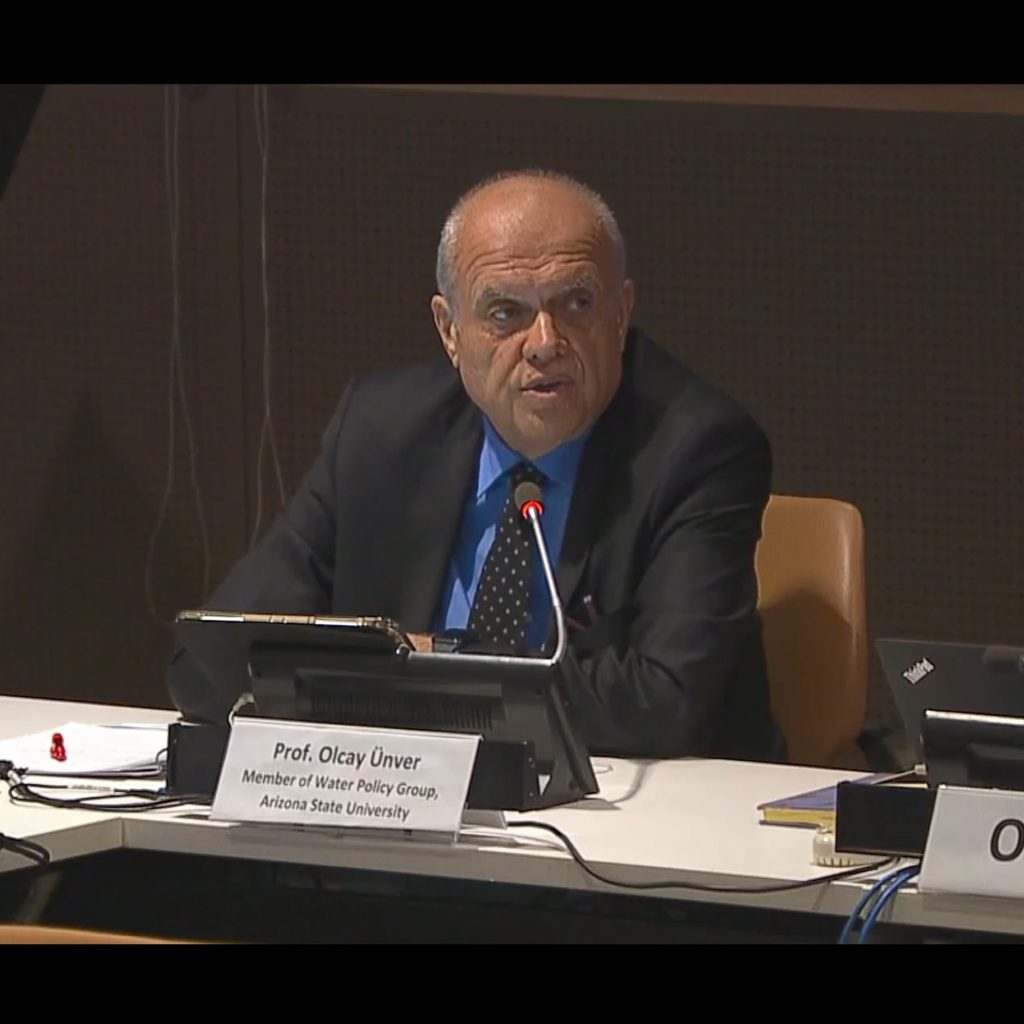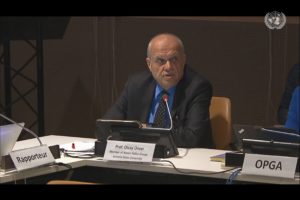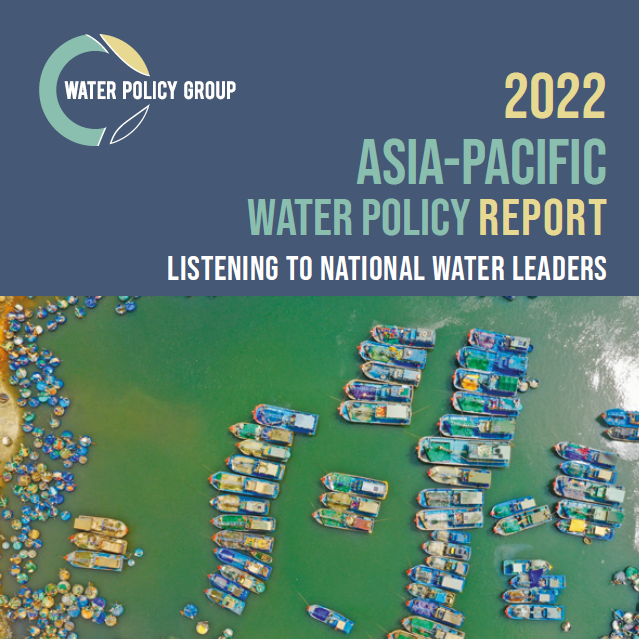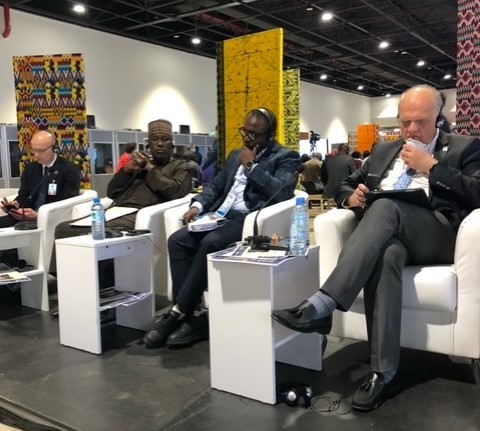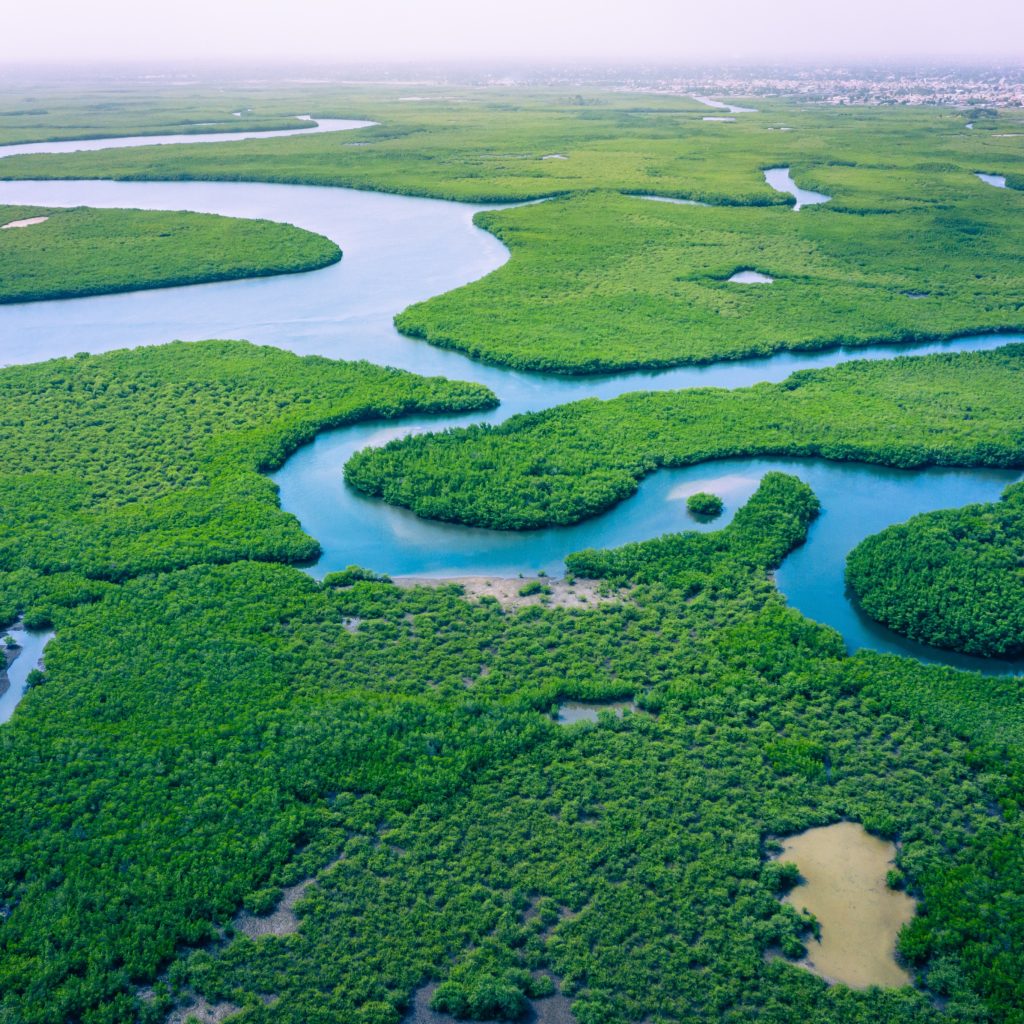The 2022 Global Water Leaders Survey has been formally launched by Water Policy Group following a meeting convened by the President of the United Nations General Assembly (UN PGA) in New York on 24 October 2022.
Addressing the meeting, Water Policy Group member Olcay Ünver described how the results of the 2022 Global Water Leaders survey would contribute to the outcomes of the United Nations 2023 Water Conference, which is the midterm comprehensive review of the implementation of the International Decade for Action, ‘Water for Sustainable Development’, 2018-2028.
“Water Policy Group offers to support the United Nations 2023 Water Conference by drawing on the collective experience and perspective of Ministers and national water leaders with specific goal of contributing to the substance of Water Action Agenda and Water Action Decade, and improving alignment between water and other public policy outcomes,” said Mr Ünver.
In partnership with the University of New South Wales Global Water Institute, the 2022 Global Water Leaders Survey will gather thoughts and opinions from national water leaders from all over the world, feeding into the 2023 Global Water Policy Report. The Report will provide valuable insights into how water could be made a higher priority within national governments, how multilateral processes could help to achieve better water outcomes at the national level, and the level of agreeance between ministerial colleagues on the extent to which water outcomes contribute to other public policy objectives. The Report will also include a section on risks and challenges that impact national water leaders, building on the results of the previous survey to secure a deeper dataset and perspective—and identify whether key risks and challenges have evolved over the past year.
The inaugural Water Policy Report, the 2021 Global Water Policy Report: Listening to Water Leaders was released in November 2021, reflecting data from water leaders from 88 countries. Among the many findings, it revealed that the Sustainable Development Goalson water were ‘challenging’ or ‘impossible’ for many, with governance problems and lack of financing the main reasons for this.
Upon publication of the 2021 Report, then UN-Water Vice-Chair Ms Kelly Ann Naylor expressed her support, saying, “By surveying water leaders from all regions of the world, this report is a key point of reference as we move towards the UN 2023 water conference.”
Water Policy Group member and project Chair Mr Tom Soo said that the Group is encouraged by the support received so far.
“The 2023 conference is a major opportunity for nations around the world to collectively take a step forward in facing our water challenges,” said Mr Soo.
“Water Policy Group is extremely encouraged that the UN PGA and all those involved in the conference’s preparatory processes understand the importance of and support the water leader’s survey. We’ll now look forward to the responses from water leaders around the world and delivering the findings in the leadup to the water conference next year.”
Water ministers of all UN Member States will be invited to participate in the 2022 Survey, which will close in mid-December.
The 2023 Global Water Policy Report and a summary of key findings will be released at the UN 2023 Water Conference in New York on 22-24 March 2023.
Questions about eligibility and survey access can be directed to info@waterpolicygroup.com.
Water Policy Group
23 November 2022
Download statement | Read concept note

